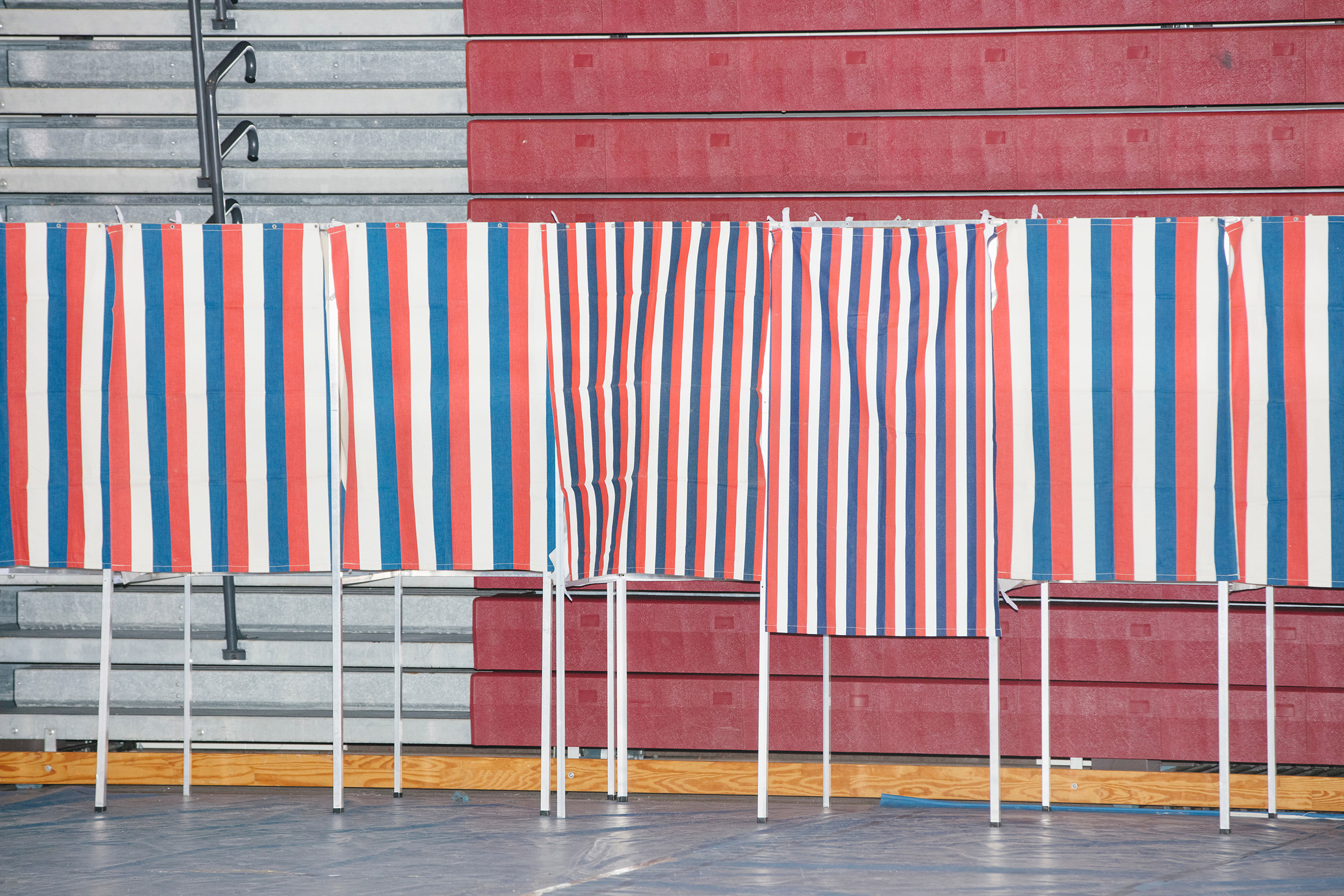
The winner of the 2020 presidential election will depend not only on who votes but also on who doesn’t. Four years after 77,744 ballots in three states gave the White House to Donald Trump, state lawmakers are battling over voting rules that will determine whether millions of Americans get a chance to cast a ballot in November.
So far this year, 29 states have introduced at least 188 bills to expand voting rights by making registration and absentee voting easier, and by restoring the vote to former felons. At the same time, legislators in 15 mostly Republican states have introduced at least 35 bills that would make it harder to vote, according to an analysis by the non-partisan Brennan Center for Justice, often by imposing stricter voter-identification requirements.
Key Electoral College states like Florida and Virginia are among those still grappling with questions about ballot access. With the presidency and control of Congress on the line, “This could make or break the election,” says Paul Smith, vice president of the Campaign Legal Center.
In 2018, Florida voters approved an amendment to restore the vote to 1.4 million people with felony convictions, a move celebrated by backers as the biggest voting-rights win in recent U.S. history. But more than a year later, its implementation remains mired in partisan legal battles over the Florida supreme court’s ruling that felons have to pay back all fines and fees related to their convictions before being granted the right to vote. While a clause in the law allows those fees to be waived, it is mainly being used in Democratic-leaning counties. And as Florida’s March 17 presidential primary gets closer, local election officials say they still have not received guidance on how to handle ex-felons’ registrations.
Even so, voting-rights activists in the state say they’re optimistic the recent changes Floridians voted for will make a difference in 2020. “This is the largest expansion of democracy in 50 years,” says Neil Volz, deputy director of the Florida Rights Restoration Coalition, who himself recently regained his voting rights through Amendment 4.
In Kentucky, Democratic Governor Andy Beshear restored voting rights to 140,000 people with felony convictions immediately after taking office last fall. Weeks later, GOP lawmakers introduced a bill mandating that voters carry a photo ID card with an expiration date, nominally to guard against voter fraud. Kentucky already requires ID to cast a ballot, and while the bill was slightly watered down, the GOP move would have largely impacted minorities, students at the state’s largest universities whose ID cards lack expiration dates, and voters like the ex-felons who recently had their rights restored, experts say.
Voting-rights lawyers are also concerned about efforts to purge supposed non-citizens from voter rolls in states including Texas, New Jersey and Florida. In one effort led by Texas’ then secretary of state David Whitley, state officials questioned the citizenship of about 98,000 voters in a review of rolls that relied on flawed data. A federal judge reprimanded state officials for having “created this mess” that unfairly targeted naturalized U.S. citizens, and ordered Texas counties to stop purging suspected non-citizens from the rolls.
In Virginia, Democrats took full control of state government for the first time in a generation last year, and have committed to voting-rights reform. They have introduced bills that would allow automatic registration as well as same-day registration, and are debating inserting an anti-gerrymandering amendment into the state constitution. Another proposal would allow early, excuse-free absentee voting in the 45 days leading up to an election. “It is a sea change,” says Claire Guthrie Gastañaga, executive director of the American Civil Liberties Union of Virginia. “We’re about to open up the ballot box in our state in a way that it never was since Jim Crow.”
This article is part of a special project about equality in America today. Read more about The March, TIME’s virtual reality re-creation of the 1963 March on Washington and sign up for TIME’s history newsletter for updates.
More Must-Reads from TIME
- Cybersecurity Experts Are Sounding the Alarm on DOGE
- Meet the 2025 Women of the Year
- The Harsh Truth About Disability Inclusion
- Why Do More Young Adults Have Cancer?
- Colman Domingo Leads With Radical Love
- How to Get Better at Doing Things Alone
- Michelle Zauner Stares Down the Darkness
Write to Vera Bergengruen at vera.bergengruen@time.com